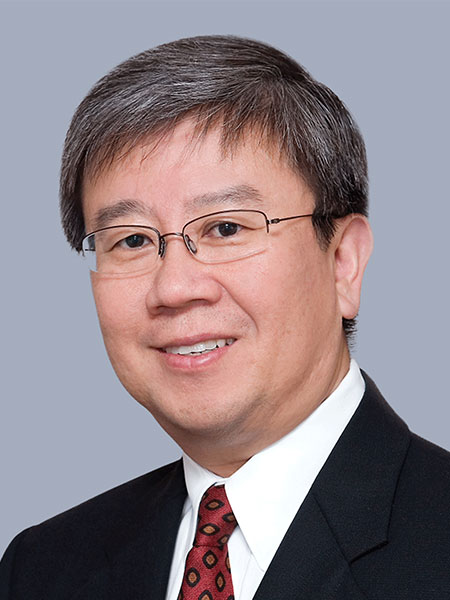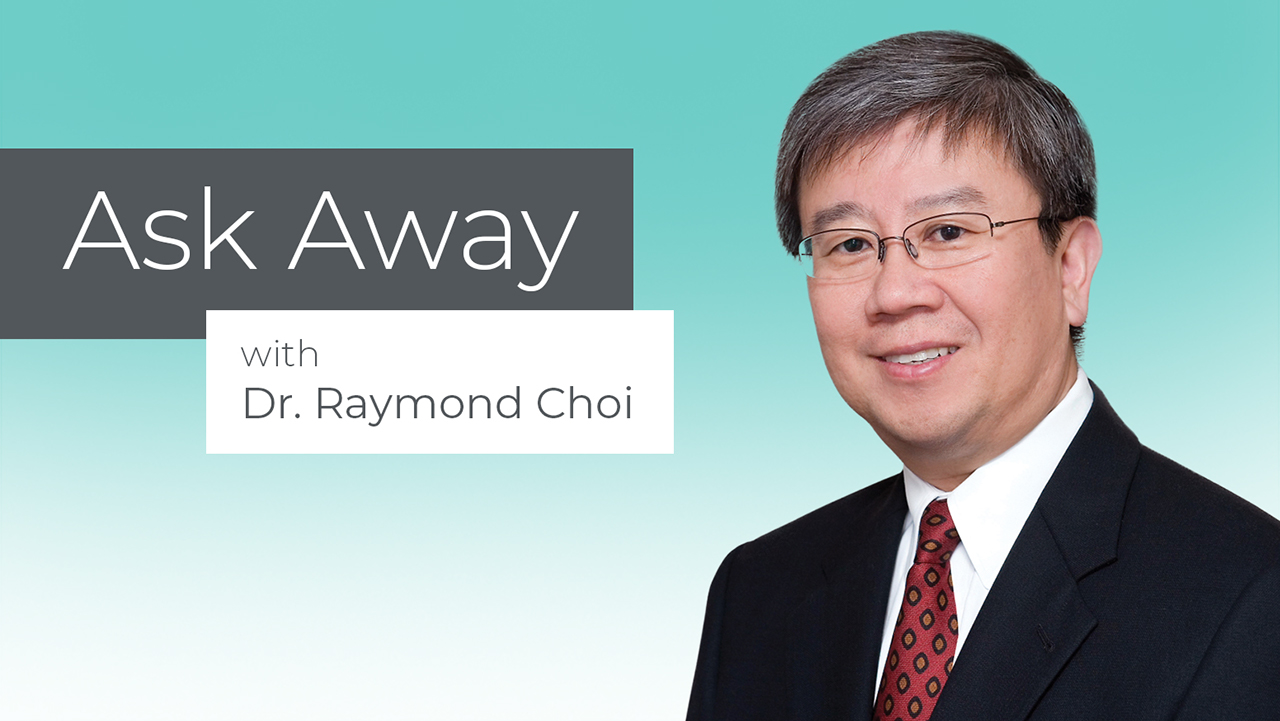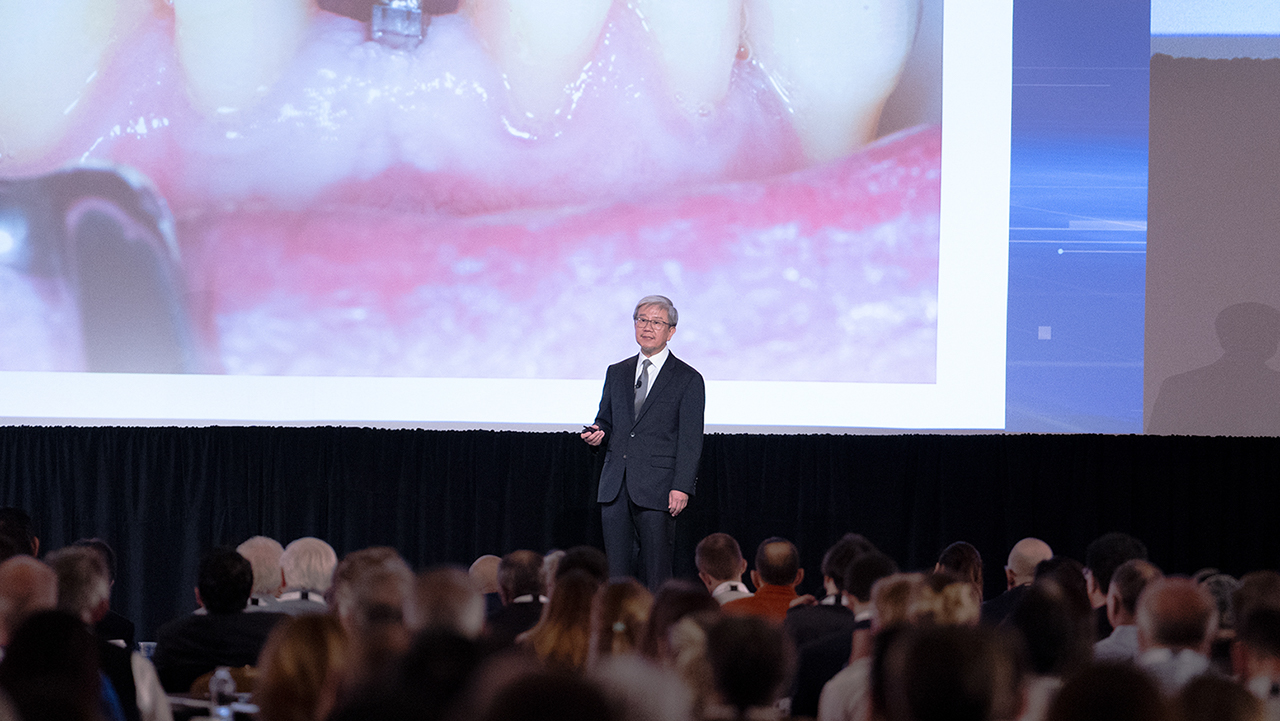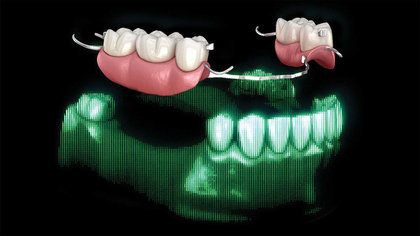2201 Dupont Dr., Irvine, CA 92612
© 2025 Glidewell. All rights reserved.
800-854-7256 USA
Dr. Raymond Choi explains how and when to use small-diameter implants for patients.


In our recurring “Ask Away” column, we spotlight questions posed by dentists at live and online courses offered by Glidewell Clinical Education. This provides attendees — and Smile Bulletin readers — an opportunity to get useful clinical tips, tricks and guidance from dentists who are experts in their respective fields. Here, Dr. Raymond Choi, founder of the Global Mini Implant Institute, fields questions about small-diameter implants, which are typically placed as a simple, economic means of stabilizing dentures for patients who cannot receive conventional-diameter implants.
What are the medical conditions when a conventional implant is contraindicated but a mini implant is OK to place?
Dr. Raymond Choi: A patient with multiple systemic issues is going to be more reluctant to go through the surgical procedures required for conventional-diameter implants. With mini implants — also known as small-diameter implants — the procedure is shorter and less invasive, making it a great option for such patients or those with limited bone.
How do you decide whether to place two or four mini implants to stabilize a patient’s denture?
RC: Four are recommended, but two or three mini implants will still provide a huge improvement for the patient by stabilizing the denture and improving chewing, speech and comfort. Remember, it’s a removable implant-retained overdenture and the patient’s tissue provides the actual support — the mini implants are there to keep the denture in place.
How about mini implants for the edentulous maxilla?
RC: Not a problem — mini implants can typically be placed in the maxilla and offer the same benefits of denture stabilization and enhanced dental function. The palate and the soft and hard tissues are providing the stability, and the mini implants keep the overdenture from becoming loose. The procedure is simple: place the implants and then do a soft denture reline and provisionalize the implants for four to six months. As you gain more experience and confidence, you can vary your process.

Small-diameter implant placement and denture stabilization can typically be completed in the same appointment, giving the patient a functional appliance on the day of surgery. Here, four mini implants were placed in the mandible for a patient who lacked the bone volume needed for conventional-diameter implants. The patient opted for a mini implant overdenture, which effectively restored dental function through a simple, minimally invasive protocol.
Dr. Choi, how critical is having a collar of attached gingiva to the success of mini implants? It seems that I don’t always have that in cases where there is a severely atrophied ridge.
RC: In most cases, there will be sufficient attached gingiva at the crest of the ridge. Even if you don’t have attached gingiva, it will typically be fine due to the implant being so small and easy to clean. I rarely, if at all, see gingival issues with patients who receive mini implants.
What is the average lifetime of mini implants, and what should the patient do to keep them clean?
RC: Mini implants will last just as long as conventional-diameter implants when placed in an adequate amount of bone with good primary stability, as bone cells integrate with the implant very well, regardless of the diameter. Patients need to brush and care for their implants just as they would with their natural teeth. For the overdenture, I recommend the same upkeep as conventional implant overdentures. I make sure to see patients a couple times the first year to check the hygiene and, after that, I put them on an annual recall.
What brand of mini implants do you use?
RC: I use the Inclusive® Mini Implant System, which has a very straightforward protocol. Mini implants are the most cost-effective means of stabilizing a loose denture.

As one of dentistry’s foremost experts on mini implants, Dr. Raymond Choi has taught numerous dentists how to stabilize dentures via small-diameter implants. To access any of his upcoming courses and free online CEUs, visit glidewelldental.com/education.
Send blog-related questions and suggestions to hello@glidewell.com.



